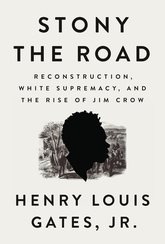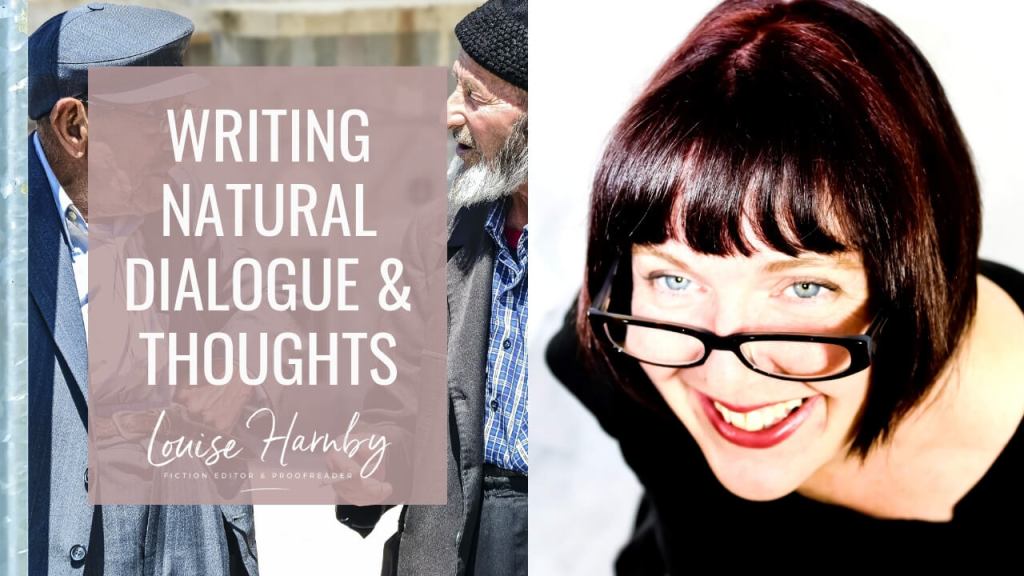My blog post last week, https://janetswritingblog.com/2019/06/10/a-wake-up-call-from-dr-henry-louis-gates-jr/, was about how reading Stony the Road: Reconstruction, White Supremacy, and the Rise of Jim Crow, by Henry Louis Gates, Jr. tipped the scales for me in writing dialect and accents in fiction. One thing led to another, and that post became too long. Today’s blog post includes what I deleted from last Monday’s post.

If this is a topic you’re struggling with, I hope these two blog posts will trigger some questions in your mind and lead you to try to come to terms with this aspect of fiction writing.
If you are a reader but don’t aspire to write fiction, I hope my thoughts on the subject will spark a new awareness in you. It’s not just about literature, it’s about how we view our fellow citizens.
My wake-up call
The awakening Dr. Gates’ book prompted in me helped me realize that, except for using an occasional “ye” or “’Tis” for an Irish character’s speech, I wasn’t using any sort of dialect in the white characters’ dialogue. So why in the world was I using dialect in the dialogue of the slaves in the novel I’m writing, The Doubloon?
A device in writing is the use of attributing certain words or phrases to a particular character. This is done to help the reader distinguish one character from another. There is a way to do this without using “Plantation Dialect.”
Thank you, Dr. Gates, for turning that light bulb on in my head.
Another resource for writing vs. not writing accents in dialogue

I looked for additional professional advice on the topic of writing accents in dialogue and found the following blog post by fiction editor and proofreader Louise Harnby: https://www.louiseharnbyproofreader.com/blog/writing-dialogue-and-thoughts-8-problems-and-how-to-fix-them.
She stated, “Bear in mind that dialogue tells us what words have been spoken, not how they’re spelled. Phonetic spelling can turn dialogue into pastiche, and offensive pastiche at that. It’s also difficult to absorb and distracts readers from your story.”
That led me to edit the dialogue I had written for a Frenchman in my novel manuscript. There is so much to learn. Times are changing. What was acceptable in fiction years ago or even last year, might not be acceptable now. Some people call this political correctness. That term has taken on negative backlash connotations, so I prefer to say, “When you know better, you do better.” Maya Angelou is credited with saying, “Do the best you can until you know better. Then when you know better, do better.”
A piece of advice I took from Ms. Harnby’s blog post is this: “Use location rather than pronunciation to enrich characterization – how where they’re from affects the story, their perception of the conflict or their approach to solving it.” I think this is harder than writing phonetically, but nobody said writing a novel set in the 18th century American South would be easy.
Reinforced by listening to Iron House, by John Hart
My awareness of this matter was reinforced a couple of weeks ago as I listened to Iron House, by John Hart. Listening to the novel drove home the question about the use of accent in fiction. I did not finish listening to Iron House because I became completely distracted by the over-the-top Southern accent used by the professional reader.

The way in which the professional reader exaggerated the speech of at least two characters in Iron House reminded me of the extreme Southern accents used by the actors in the old television series “In the Heat of the Night.” Since the series was set in Mississippi, the actors used such slow and pronounced “Southern” accents that it was irritating to my North Carolina ears. It came across as Hollywood making fun of the way I talk.
Iron House is set in North Carolina. I’ve lived my entire life in that state, and I’ve never heard anyone talk with the extreme drawl of Caravel and Abigail in the audio edition of that novel. It piqued my curiosity, so I checked out the printed version from the public library just to see how Mr. Hart wrote the words. Sure enough, he did not write the book phonetically to convey over-the-top pronunciation in any words of dialogue Caravel or Abigail had. So why did the publisher think it was acceptable for the reader of the audio edition of the novel to use a fake accent?
In all fairness, Iron House was published eight years ago. Perhaps an audio edition recorded in 2019 would be done differently.
This has all been quite an eye-opener for me on my journey as a writer. Sometimes I’ve wished I’d started my writing career as a young adult, but now I realize I would have been a very different writer at 26 than I am at 66. I think the 66-year-old me would be embarrassed by the fiction written by the 26-year-old me.
Thinking about my reading experience
If I’m reading the dialogue of a character from Boston, my brain knows what a Boston accent sounds like. I’ve known people from Boston, so I know they pronounce some things differently than I do but not like the over-the-top Boston accents we sometimes encounter on TV or in movies. The writer doesn’t have to spell a Bostonian’s dialogue phonetically for me to catch on.
Outsiders tend to paint everyone from New Jersey with the same phonetic brush, too. I know people from New Jersey, and they don’t sound anything like Vinny in the 1992 comedy movie “My Cousin, Vinny.”
But somehow, there is a difference between an actor conveying a regional accent and an actor portraying what Dr. Henry Louis Gates, Jr. refers to as “Plantation Dialect.” Although, I don’t appreciate an actor giving exaggerated pronunciations to a Southern character, it’s not the same as an actor giving exaggerated pronunciations to a black character. I think regional accents should be celebrated, but there is no place for “Plantation Dialect” in fiction in 2019.
I don’t have a problem with a Southern character saying “y’all” in the printed dialogue in a novel. I say it naturally. It rolls right off my tongue like butter. But I do have a problem with printed dialogue in a present-day novel having a black character saying “Nome” instead of “No, ma’am.” “Gwine” used to appear in the dialogue of black slaves in literature. I never did understand how “I’m going to” or even “I’m gonna” got translated into “gwine.”
Literature evolves as society evolves. When you know better, you should do better. I still have a lot to learn.
It will interesting to see how the dialogue in my novel is accepted or rejected by literary agents, editors, and publishers. When that time comes, I’ll let you know.
Until my next blog post
I hope you have a good book to read. I’m reading The Prayer Box, by Lisa Wingate and Mr. Churchill’s Secretary, by Susan Elia MacNeal.
If you’re a writer, I hope you have quality writing time.
Thank you for reading my blog. You could have spent the last few minutes doing something else, but you chose to read my blog.
Let’s continue the conversation
Do you like reading fiction in which dialect is expressed through the spelling of words in dialect, or are you turned off by this practice? Do you think it’s time for us in 2019 to reassess how dialect is used in fiction? Should writers give readers enough credit to assume they can imagine how a character from a certain region would pronounce certain words?
Those of you who live in countries other than the United States are urged to chime in on this topic. Is this something authors in other countries are faced with as they write about regionalisms or even a past history in which certain groups of people were enslaved?
If today’s blog didn’t interest you, please come back next Monday for a different topic.
Janet
